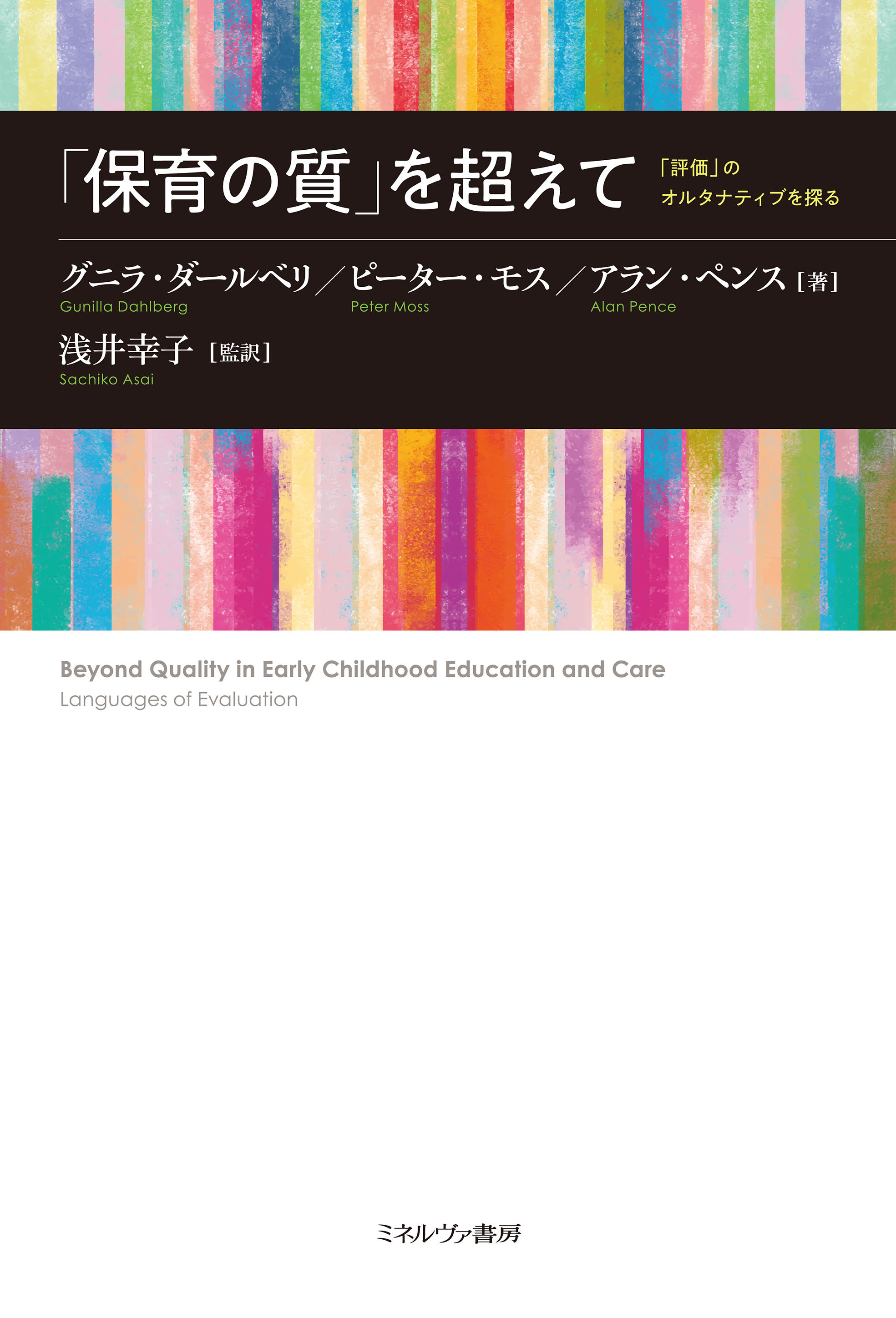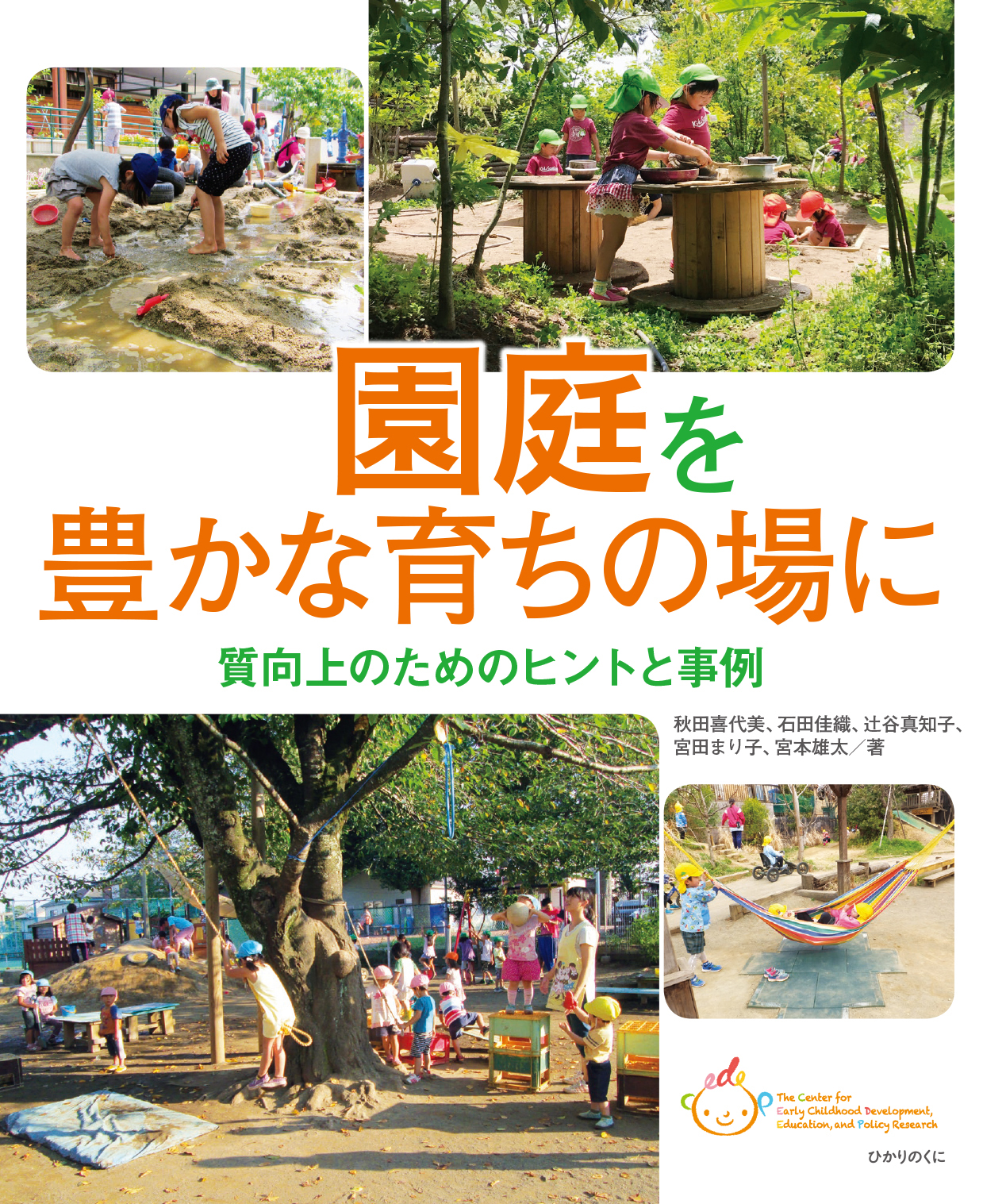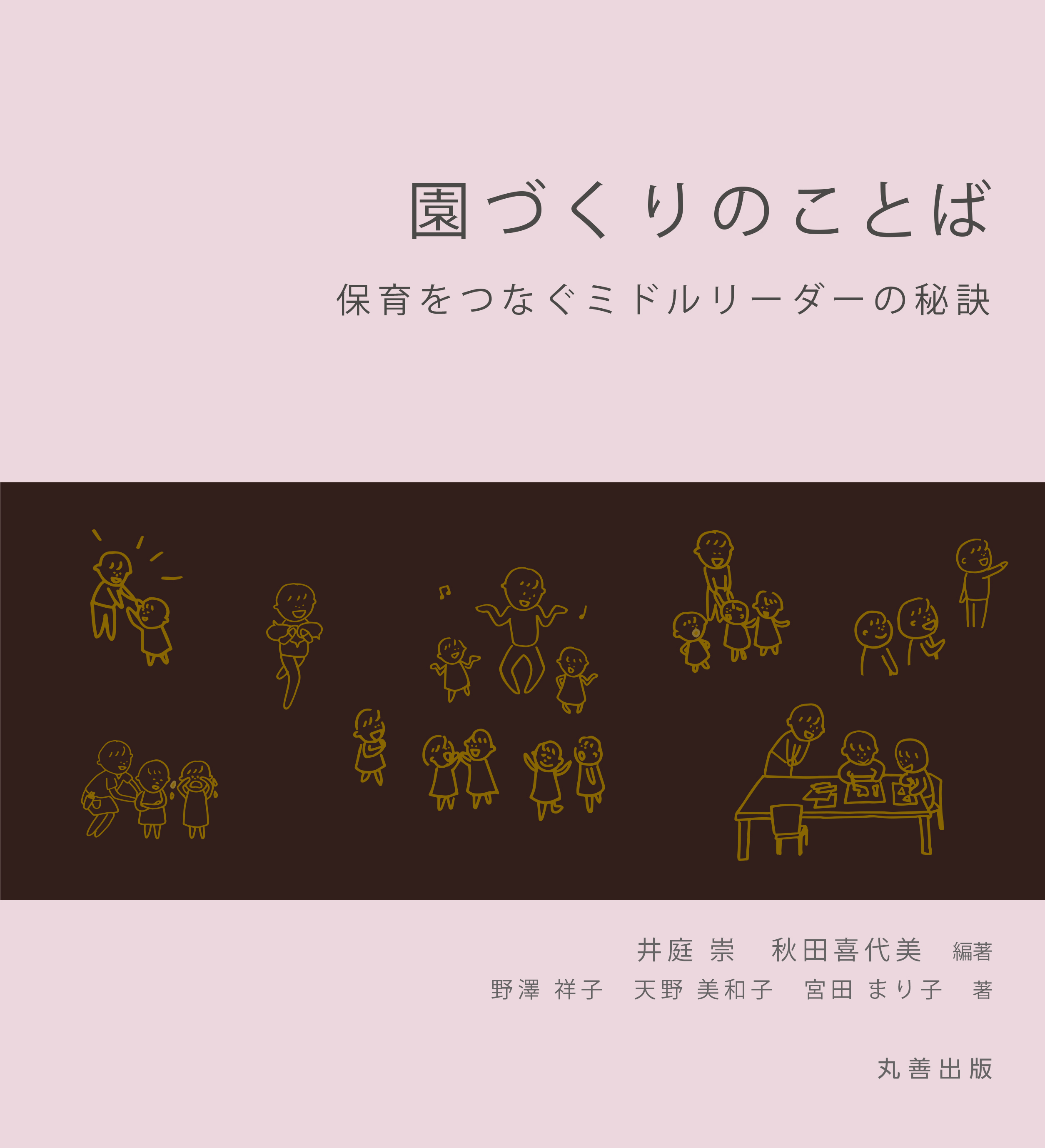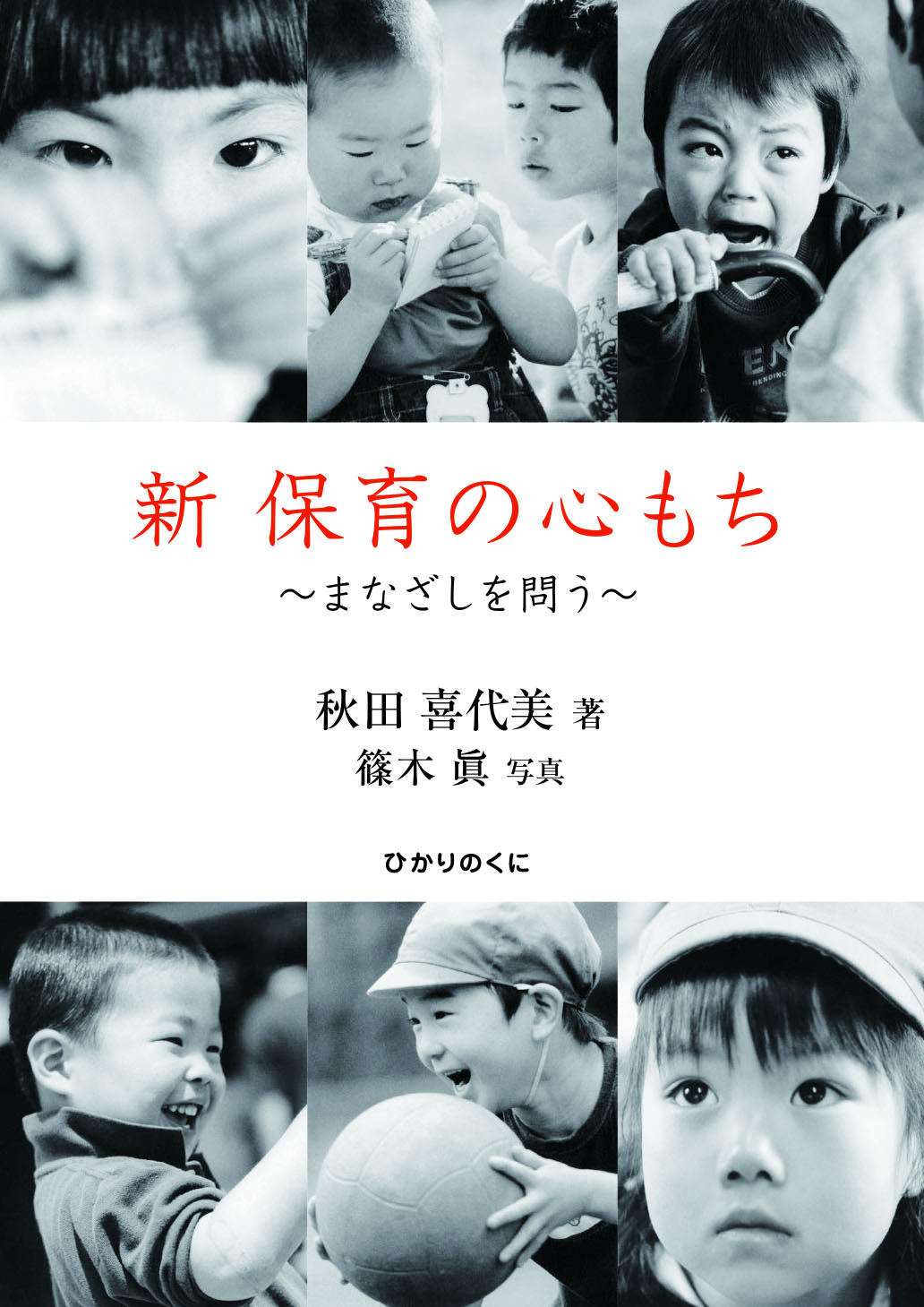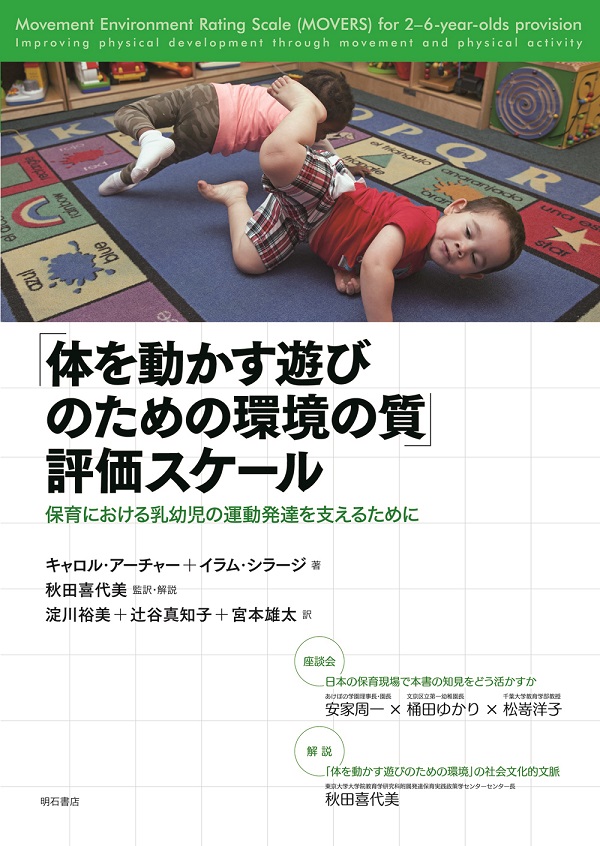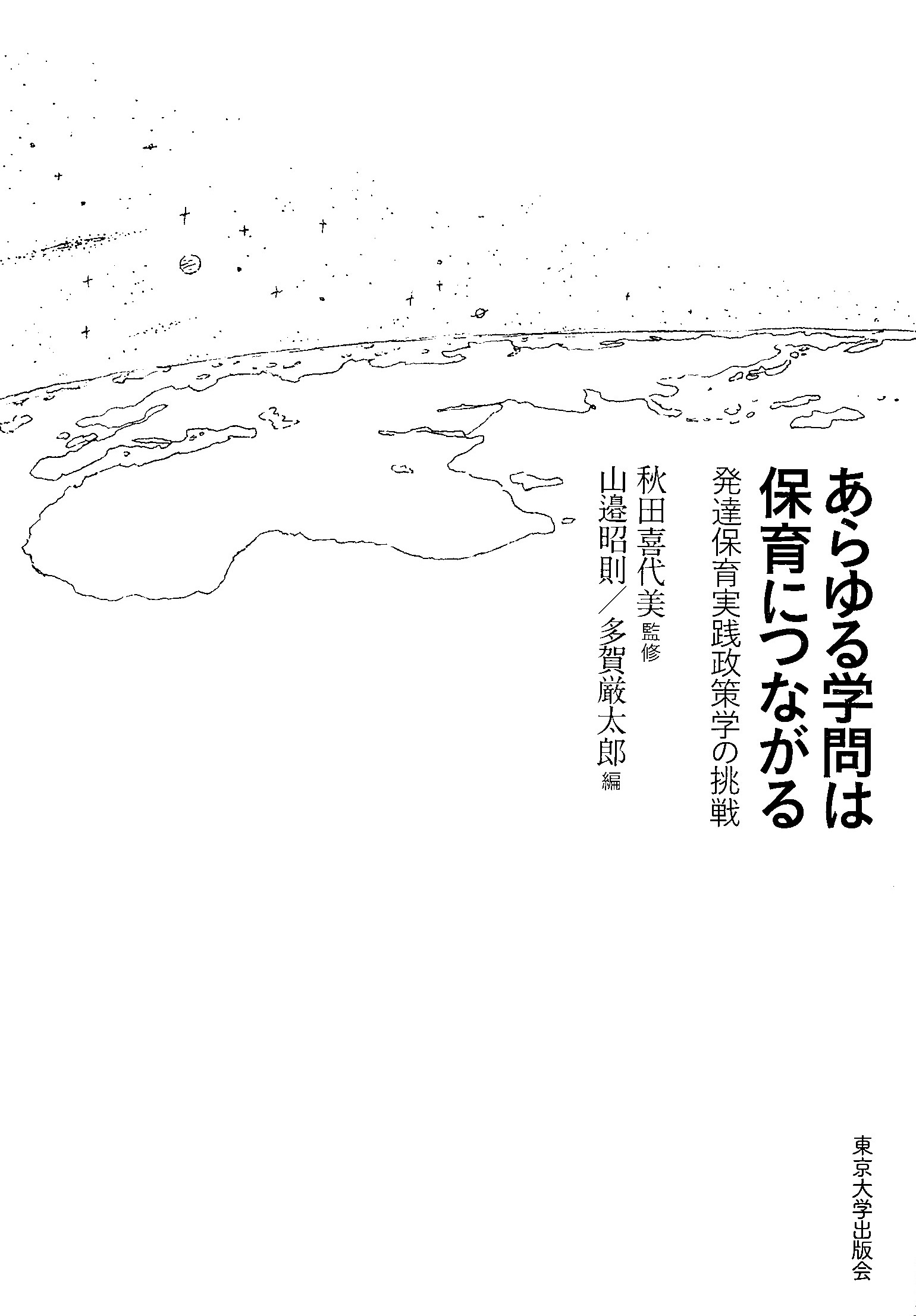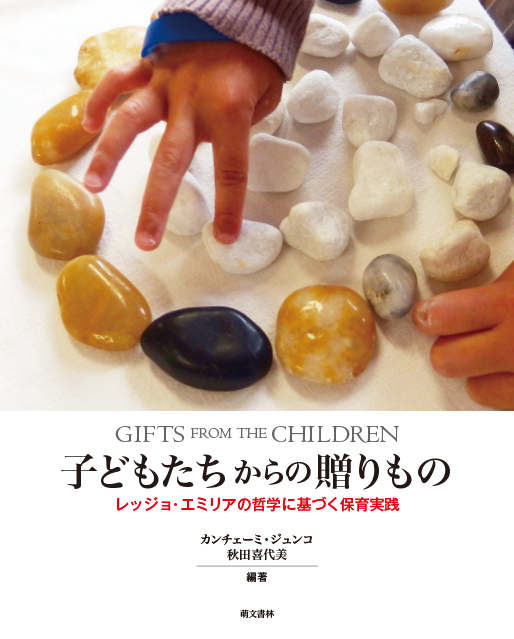
Title
GIFTS from the CHILDREN Kodomo-tachi kara no Okurimono (Early childcare practice based on the philosophy of Reggio Emilia)
Size
208 pages, B5 format
Language
Japanese
Released
May 24, 2018
ISBN
978-4893472656
Published by
Houbunshorin
Book Info
See Book Availability at Library
Japanese Page
There is a philosophy of early childhood education in Northern Italy that was first introduced in North America as a model for school education in the future and subsequently became internationally famous. This is the Reggio Emilia Approach advocated after the end of the Second World War by a philosopher, Loris Malaguzzi. In the city of Reggio Emilia, Italy, preschool teachers, parents, and community members work together to provide early childhood education and, through this process, create collaborative communities. Presently, there is an international network of individuals studying this philosophy. Educational practices based on this approach are recognized throughout the world as exemplifying high-quality early childhood education.
This book explores how educational practices based on the early childhood education philosophy of Malaguzzi have been implemented not in Italy but, rather, in Japan, and more specifically in the multicultural context of an international school. Furthermore, the book depicts the learning style of children that arises from these practices. The book describes in detail educational practices as they cross over from Italian culture to Japanese culture and finally to the multicultural environment of an international school. Through this process, the book examines the connection between theory or philosophy and practice and analyzes this educational practice as a cultural endeavor from an academic standpoint.
In the fields of early childhood care and education, there is a strong tendency to incorporate new methods or new tools of instruction as soon as they are developed and become popular. Further, because of the low ages of infants and children who are the target of early childhood education, people sometimes mistakenly believe that such education is easy or that anyone can easily take the place of a mother. To draw a contrast with these tendencies, the book describes how Junko Cancemi, principal of the JC Academy, who was inspired by the “pedagogy of listening” that lies at the core of the Reggio Emilia Approach, worked with the faculty to organize a curriculum and practices and to design learning spaces, including the studio.
Next, the book introduces records of collaborative inquiry-based projects that are carried within that curriculum and learning space. The records chronicle in great detail the voices of the children. No matter how young a child is, each child is an explorer and an individual to respect. They encounter the world and engage with people and things in their own way. This book clarifies the nature of their exploration as well as the potential of all children. The records provide documentation how the teachers, as professionals in early childhood education, listened and heard the voices of the children. From among the numerous records of educational practice written in English, the teachers and researcher worked together to select six cases to be translated into Japanese. The book clarifies the relationship between theory and practice by interpreting and assigning meaning to various aspects of practice. The nature of this relationship unfolds within the story of investigation and learning by both the children and teachers, which is a story of how daily experiences embedded in the educational context should be viewed.
A number of books documenting educational practices and philosophy in Reggio Emilia, Italy have been translated into Japanese. This, however, is the first book on educational practices carried out in Japan. As the book’s editor, my greatest hope is that the book will provide readers an opportunity to think about the depth of early childhood education as an academic field, the gaze with which experts in the field view children, and the close relationship between systems, philosophy, and practice in education.
(Written by AKITA Kiyomi, Professor, Graduate School of Education / 2018)



 Find a book
Find a book


